LePort Montessori’s Online Program is an at-home option for families seeking a virtual experience due to COVID-19.
The goals of the Primary Online Program are to:
1. Create a virtual/at-home experience that replicates the in-person Montessori Primary experience as much as possible.
2. Incorporate virtual social and learning connections to other children and families.
Teachers
Our Montessori Online teachers are passionate, AMI Montessori-trained Head Teachers who are supported
to do their best with every child, every day. They are committed to adhering to the Montessori Method and providing children with an academically challenging online experience along with unique offline opportunities.
Parent Participation
Parents are encouraged to gather the necessary items for the weekly lessons. We recommend a small table and chair workspace in your home for your child to participate online with the teacher and to do their lessons and class activities. In this space, your child will be invited to practice their lessons with minimal parent oversight after the initial teacher presentation as repetition is key to mastering the lesson concepts.
Repetition is imperative to a child’s learning at home. Once lessons are presented by the teachers, children spend their time repeating lessons to master the intended concept over a period of time.


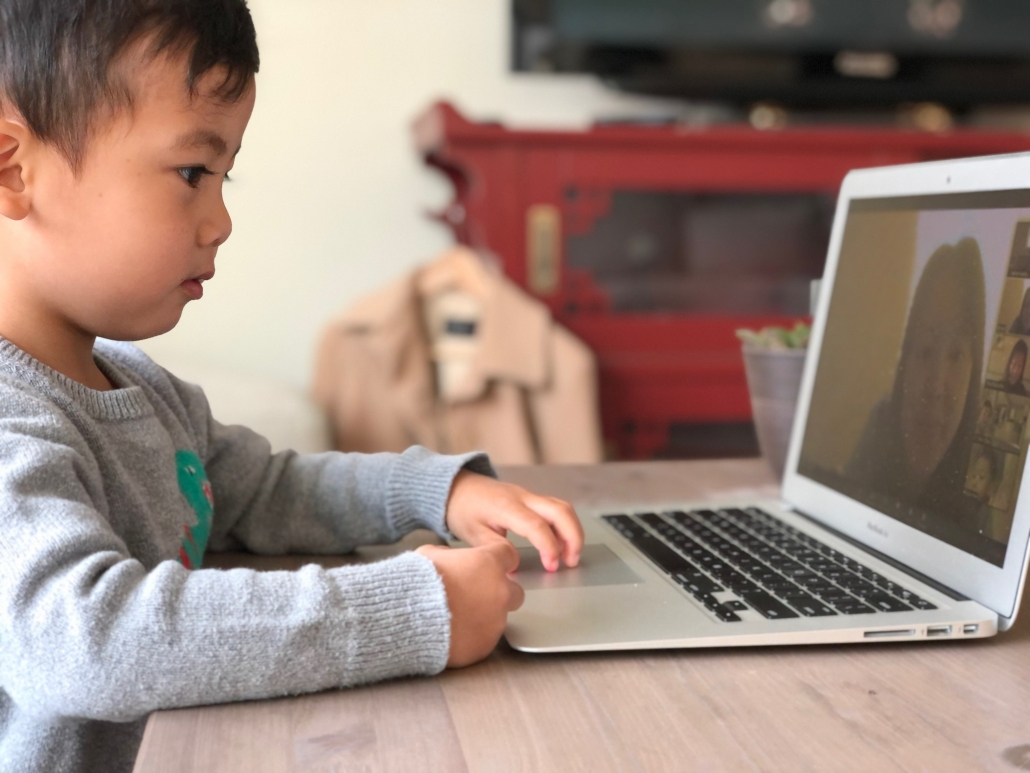
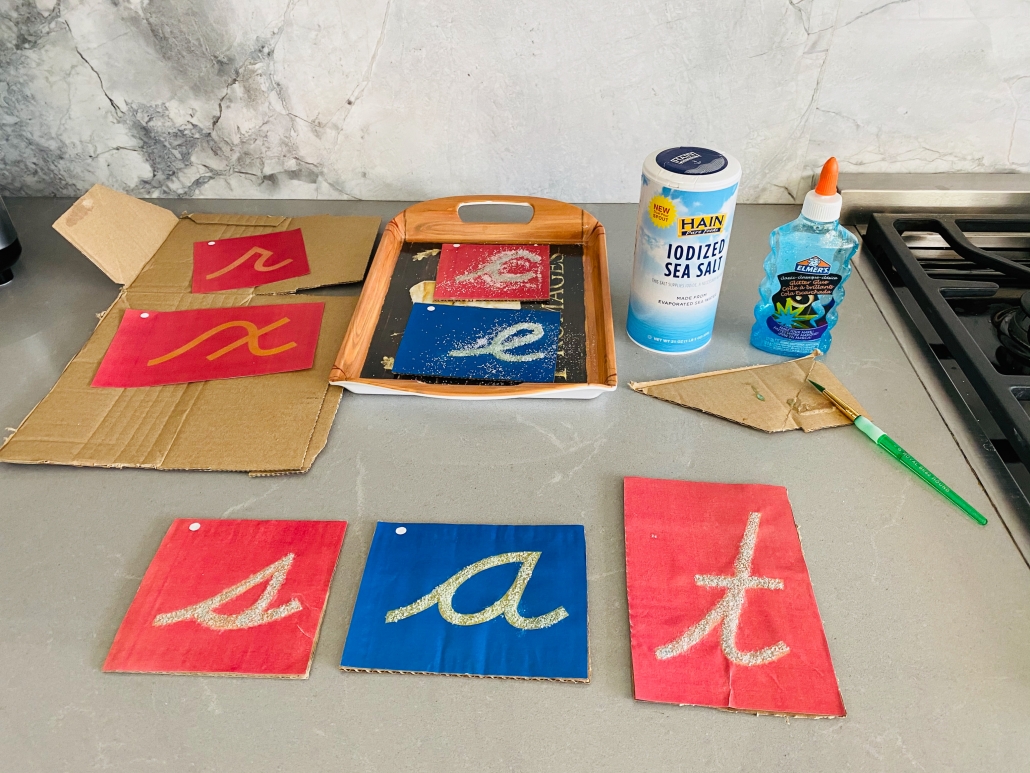
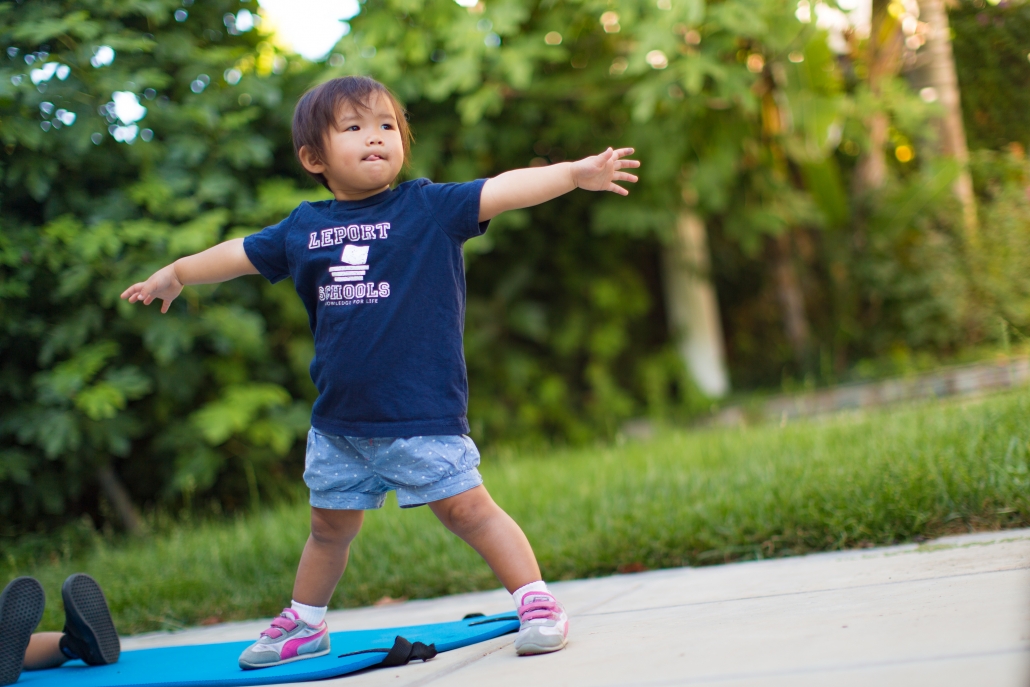
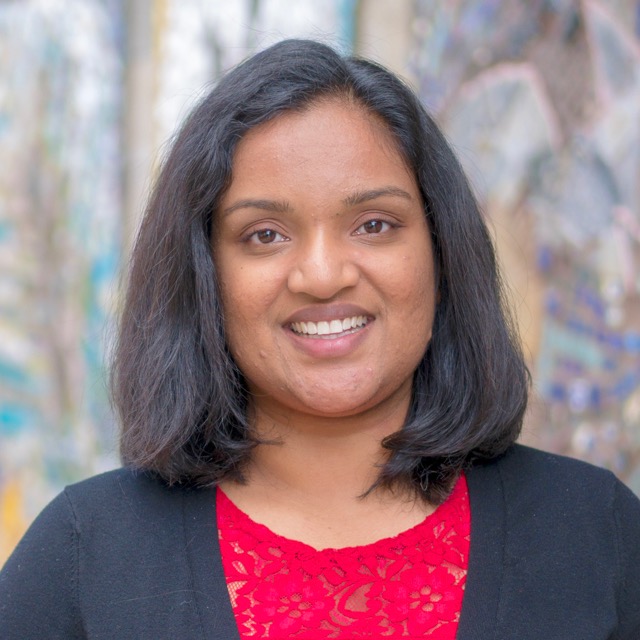
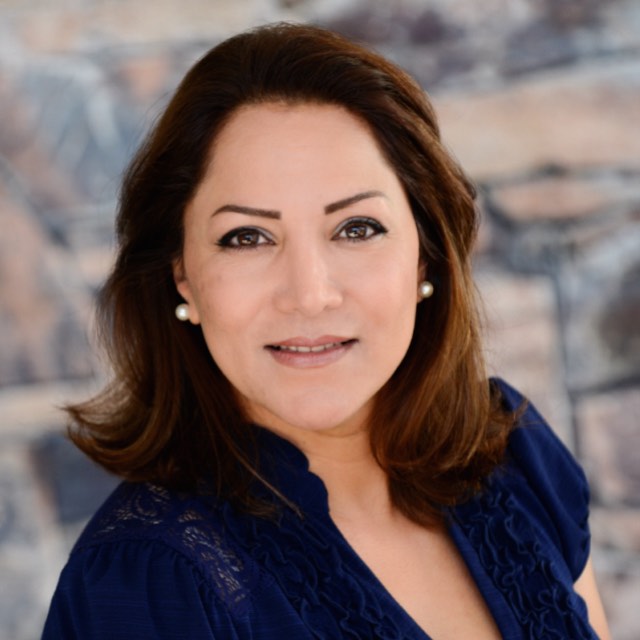

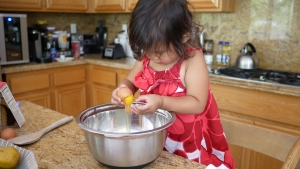 These are the exercises that allow young children to participate in day to day life, and give them a sense of accomplishment and pride that they are capable and contributing members of the family. Practical Life activities are designed as purposeful activities that your child may see you carry out, which cultivates a sense of responsibility. Our online teachers will assist you in adapting any household task to the level and ability of your young child. These will range from preliminary tasks that form the building blocks of other activities, like pouring and folding, to activities on the themes of caring for the environment and caring for the self. We also will share some lessons that we call Grace and Courtesy, which help your child offer food, how to politely interrupt, and all the manners of daily living.
These are the exercises that allow young children to participate in day to day life, and give them a sense of accomplishment and pride that they are capable and contributing members of the family. Practical Life activities are designed as purposeful activities that your child may see you carry out, which cultivates a sense of responsibility. Our online teachers will assist you in adapting any household task to the level and ability of your young child. These will range from preliminary tasks that form the building blocks of other activities, like pouring and folding, to activities on the themes of caring for the environment and caring for the self. We also will share some lessons that we call Grace and Courtesy, which help your child offer food, how to politely interrupt, and all the manners of daily living.